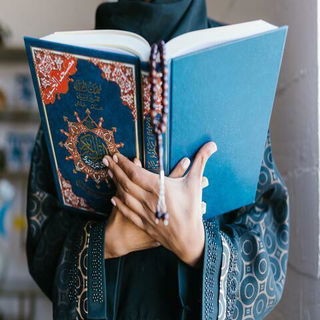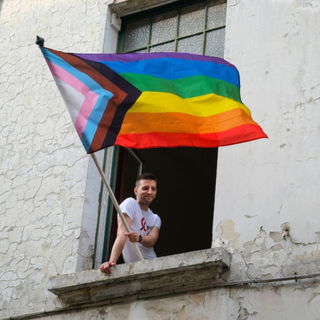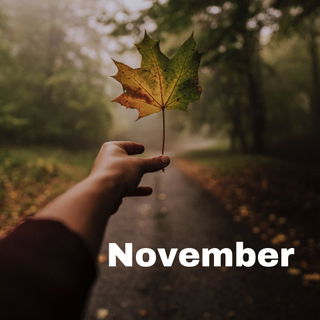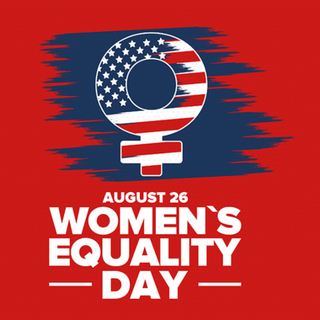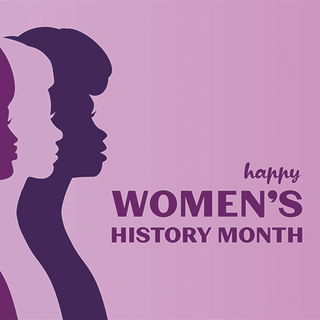- Calendar
- Calendar 2026
- March
- National Black Women in Jazz And The Arts Day
National Black Women in Jazz And The Arts Day
National Black Women in Jazz and the Arts Day is observed on March 1st to celebrate the power of creativity, resilience, and cultural legacy of Black Women who has contributed to shaping music, dance, theater, visual arts and more.
The day reflects their achievements and honors the talents, stories, and voices that enriched artistic landscapes while overcoming barriers in male dominated fields.
Pioneers like Billie Holiday, Nina Simone, Ella Fitzgerald, and Sarah Vaughan helped redefine jazz but also became voices for change.
Origin of National Black Women in Jazz and the Arts Day
National Black Women in Jazz and the Arts Day began on March 1, 2016. It was established by the Black Women in Jazz Organization to celebrate the significant contributions and talents of Black female artists. The event was initiated by the Black Women in Jazz & the Arts Awards in Georgia, with the goal of providing a platform for these women to receive the recognition they deserve.
History of Black Women in Jazz
Black women have played a significant role in the evolution of jazz that shapes the genre with their resilience, talent, and creativity.
During the early 20th century, as jazz started emerging from the Black communities of New Orleans, women such as Bessie Smith, Ma Rainey, and Mamie Smith became iconic figures in blues and early jazz.
These artists brought around a lot of narrative power and emotional depth to their performances that laid the groundwork for vocal jazz.
These people gave a voice to the struggles and triumphs of Black women during a time when discrimination was a huge part of the society.
During the 1930s and 1940s, when the swing era was in full swing, Black women like Ella Fitzgerald and Billie Holiday gained significant popularity.
Despite facing systemic barriers, these women excelled in their craft and opened doors for future jazz artists.
Although vocalists are often in the limelight, Black women instrumentalists contributed significantly to jazz.
Mary Lou Williams, who was an extraordinary composer and pianist, crafted some of the unique and best arrangements for the most popular bands of the swing era.
She also mentored young artists like Thelonious Monk.
Hazel Scott, a gifted pianist, broke stereotypes by excelling in both jazz and classical music, highlighting the versatility of Black women in music.
With the evolution of jazz into bebop, free jazz and modal in the middle of the 20th century, Black women continued their journey.
Nina Simone used jazz for activism, addressing civil rights with songs like Mississippi Goddam, while contemporary artists like Esperanza Spalding blend jazz with other genres, pushing boundaries.
Black women in jazz have enriched the music and contributed to cultural and social movements. Their art has been a platform for resistance, empowerment, and celebrating Black identity. Despite facing discrimination, they have shown resilience and creativity, leaving a lasting impact on jazz and music as a whole.
From its roots to today, jazz history cannot be told without honoring the legacy of Black women, whose voices, instruments, and stories continue to inspire across generations.
Some Popular Black Female Jazz Artists
- Ella Fitzgerald: Nicknamed the “First Lady of Song,” she was admired for her pure tone, flawless diction, and ability to imitate instrumental sounds.
- Billie Holiday: Known as “Lady Day,” her deeply emotional voice and distinctive phrasing revolutionized jazz singing.
- Sarah Vaughan: Often called “Sassy” or “The Divine One,” she was celebrated for her remarkable vocal range and adaptability.
- Nina Simone: Dubbed the “High Priestess of Soul,” her commanding voice and socially aware lyrics made her a trailblazing figure in music and activism.
- Dinah Washington: Known as the “Queen of the Blues,” she was a master of jazz, blues, R&B, and pop.
- Carmen McRae: Famous for her masterful phrasing and expressive delivery, she remains one of jazz's most influential voices.
- Nancy Wilson: Renowned for her versatility, she effortlessly blended jazz, blues, and pop with her warm and alluring voice.
- Etta Jones: Recognized for her distinctive tone, she brought soulful depth to jazz standards.
- Betty Carter: A trailblazing vocalist and improviser, she stood out for her original and innovative approach to jazz.
- Dianne Reeves: A modern jazz icon, her powerful voice and artistry have earned her multiple Grammy Awards.
Celebrate National Black Women in Jazz and the Arts Day
Celebrate by attending concerts or art exhibitions featuring Black women artists to honor their creativity and talent. Join workshops or talks to learn about their impact on jazz and the arts.
Support young Black women in the arts by attending their performances or purchasing their work. Share their stories on social media to inspire others.
Organize or participate in community events to uplift their contributions, and take time to reflect on their legacy of resilience and creativity.
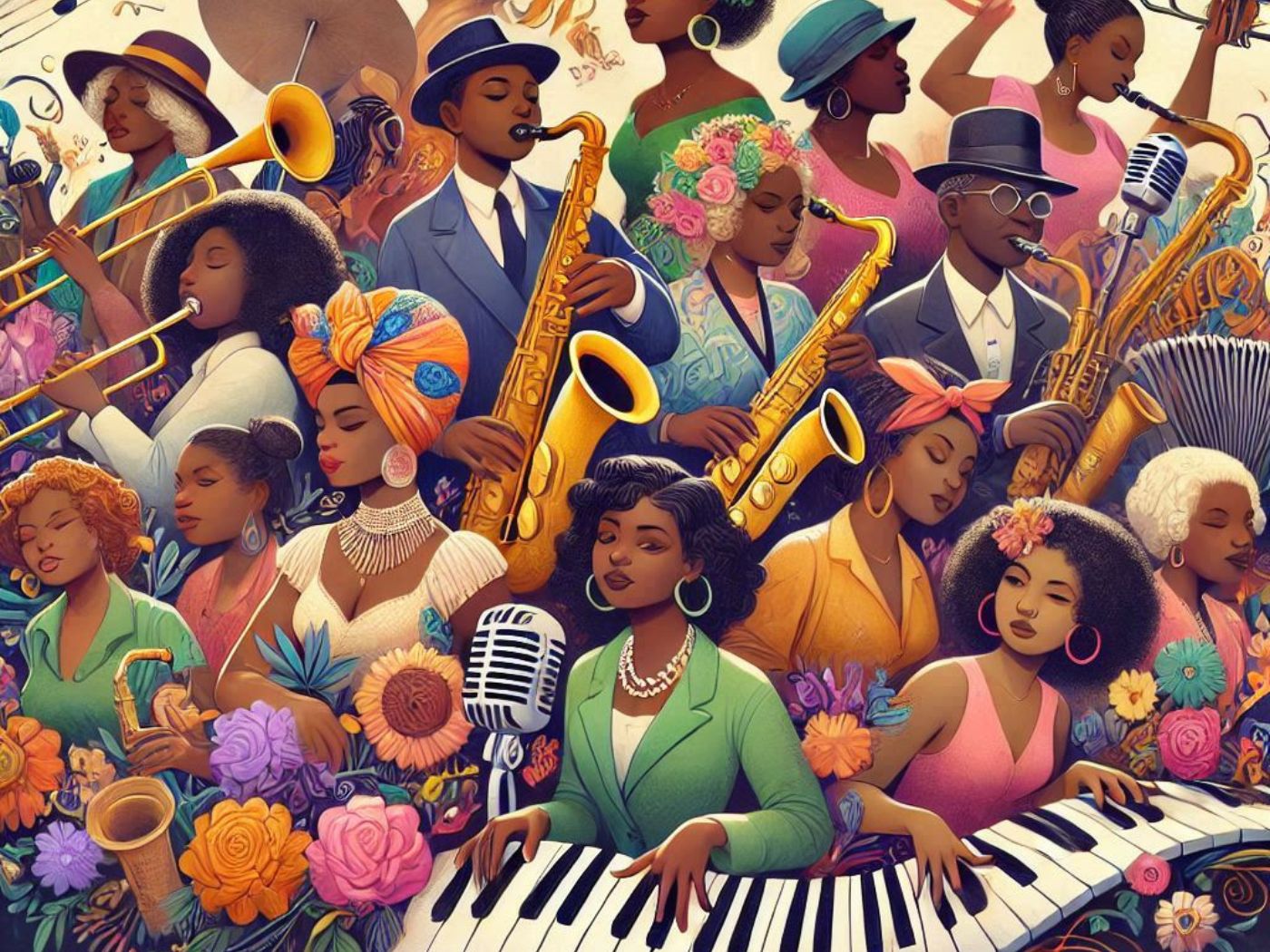
Other Celebrations
-
Feb 03 Mon
-
Mar 08 Sat
-
Apr 30 Wed
-
Jun 23 Mon
-
Aug 17 SunNational Black Cat Appreciation Day
-
Oct 27 Mon

National Black Women in Jazz And The Arts Day - Next years
Monday, 01 March 2027
Wednesday, 01 March 2028
Thursday, 01 March 2029
2025 Calendars
Trending





